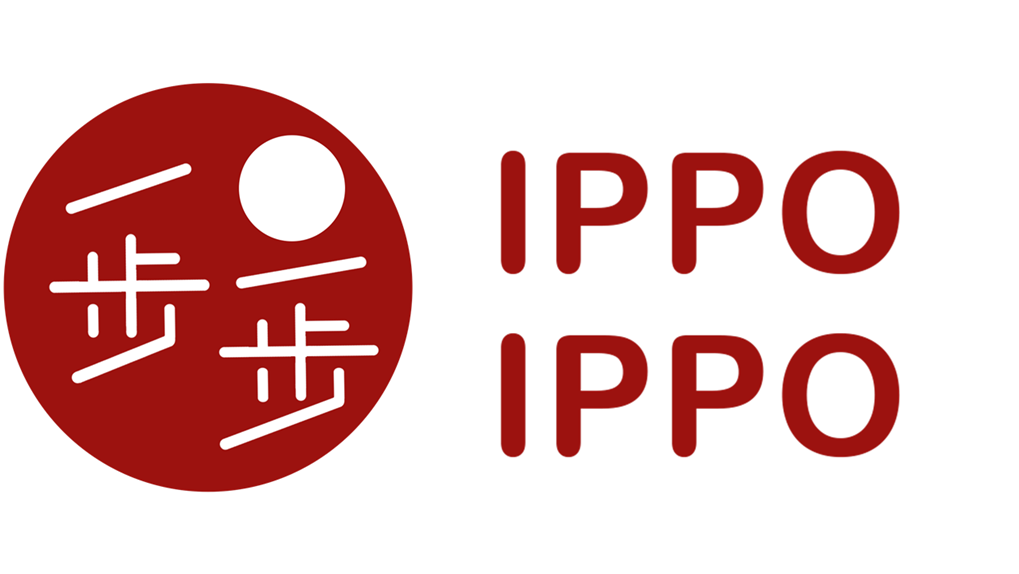Hello and welcome to a slightly different post from usual!
Over the past few months, I've been spending a good deal of time immersed in N2 grammar while prepping and teaching materials as part of my Intro to N2 Grammar course.
It may sound strange, but N2 grammar is something I've always enjoyed teaching - perhaps because I find myself using so much of it in my day to day life! The N2 qualification (and, after that, N1) was certainly essential in enabling me get a job at a Japanese company after leaving university, and once I started work there, it was extremely gratifying to find that a lot of the formal - and less formal - language you start covering at this level of the JLPT really can prove useful!
It's no secret that the JLPT has its limitations, as I discussed in this post. However, especially when it comes to the N2, there's no avoiding that if you want to work at a Japanese company or apply for other jobs such as those in the translation industry, you will almost certainly be asked for N2 minimum - if not N1. At the company I worked at, I had to have N2 in order to apply, then N1 by the time I started my job a year later.
So: studying for the N2 can, in all honesty, be a bit of a bummer. I've had students talk about it feeling like the ultimate "stamp of approval" on their Japanese abilities, and I can't lie: I too have felt this pressure. This is why today I want to introduce something a little more lighthearted than your average study materials: three songs that contain N2* grammar points.
*You may have noticed the title of this post says "N2/N3". This is because depending where you look, different sources may disagree over which level these points belong to. The reason I'm mostly saying "N2" is that all of the following are covered in the N2 総まとめ grammar textbook that my students and I are using in Intro to N2 Grammar.
Note: none of the links given in this post are affiliated in any way. In other words, I don't make money from you clicking on them.
Can You Really Learn Japanese from Music?
Before we get ahead of ourselves, I want to address this question.
As with many things, the quick (and potentially annoying) answer to this is that it depends. Do you enjoy Japanese music? If not, are you willing to give it a try? Do you tend to be alright at memorising lyrics - or at least snippets from lyrics?
I'll let you in on a secret: despite having previously been a backing singer in a band for a whole 11yrs, I'm terrible at learning lyrics. When I used to sing with my friends, if one of them got the lyrics wrong, I would automatically do exactly the same, because I was just following their lead the whole time! Not only this, but I would quite regularly sing completely nonsensical lyrics without realising it.
The reason I say this is that I want to emphasise that you don't have to be any kind of musical or lyrical genius - or even a particularly big fan of music - to learn from Japanese songs. In my experience, this is because listening to music in another language can be quite different from what you're used to.
Take for example the timeless (and yes, exceptionally cheesy) "Love so sweet) by 嵐 (Arashi):
To let you in on another secret: this was actually the first Japanese song I remember ever getting into - much to the bemusement of my flatmates at the time!
So what about this song caught my attention so much?
Thinking back, I distinctly remember following the lyrics, completely unable to understand 99% of them, but finding myself over the moon every time there was one little word - or even particle - that was at all familiar.
Take a look at the chorus (rōmaji below):
思い出 ずっとずっと 忘れない空
ふたりが離れていっても
こんな好きな人に 出逢う季節
二度と無い
光ってもっと 最高の lady
きっとそっと想い届く
信じることがすべて Love So Sweet
Omoide zutto zutto wasurenai sora
Futari ga hanareteitte mo
Konna suki na hito ni deau kisetsu
Nido to nai
Hikatte motto saikō no lady
Kitto sotto omoi todoku
Shinjuru koto ga subete Love So Sweet
Even if you only know a little Japanese, there are probably a few things you recognise here. For me, I immediately twigged words like ふたり (futari - two people), 好き (suki - like/love) and 人 (hito - person). What's more, the more I listened, the more certain phrases (e.g. ずっとずっと - zutto zutto) would stand out to me, and I'd end up looking them up just to understand what was being said, while others (e.g. 忘れない - wasurenai) became comprehensible the further I progressed in my Japanese lessons. These lightbulb moments were always so thrilling, and getting little snippets of lyrics stuck in my head was definitely a more exciting - and effective - way of learning than poring over the vocab lists in my Genki textbook (no offence to Genki).
My point here is that you really don't have to have a high level of Japanese or even put in too much effort to get something out of listening to Japanese music. If you're like me, you may take a little while to get into the sounds and aesthetics of J-pop and J-rock, but I promise it's worth persevering to find bands and artists you really enjoy!
Songs for N2/N3 Grammar
With that out of the way, let's go ahead and check out some songs that can help you learn N2/N3 grammar!
If you want to jump ahead to any of today's songs and N2 grammar points, just click on the following links:
Song #1: Lemon by 米津玄師 (Yonezu Kenshi)
- Featured grammar points: さえ、とともに
- Click here for a lyric video (music video shown below)
If you're at all into J-pop/J-rock, you're quite likely to have come across Yonezu Kenshi. If not, I really recommend checking him out!
In the chorus of Lemon (released 2020), listen out for the following lyrics (rōmaji below):
あの日の悲しみさえ あの日の苦しみさえ
そのすべてを愛してた あなたとともに
Ano hi no kanashimi sae ano hi no kurushimi sae
Sono subete wo aishiteta anata to tomoni
Song #2: だから僕は音楽を辞めた (That's Why I Gave Up on Music) by ヨルシカ (Yorushika)
- Featured grammar point: せい
- Click here for a lyric video (music video shown below)
This 2019 song treats us to a great example of how to use the grammar point せい through this memorable line:
考えたんだ あんたのせいだ
Kangaetanda anta no sei da
If you want to get a feel for some of the emotions that can come with the word せい, I can't recommend this song enough!
Song #3: 秘密のブルーノ (We Don't Talk About Bruno) by DisneyMusicJapan
- Featured grammar points: とたん、通り
- Click here for a lyric video (music video shown below)
For the uninitiated, We Don't Talk About Bruno is a song from the 2021 Disney film Encanto. Having watched the film not that long ago, I was pretty impressed when I came across the Japanese version, as it does a great job of retaining the spirit and rhythmical feel of the original.
Almost as soon as the song kicks off, we're treated to the following:
結婚式の日 とても晴れてた
晴れてたのにさ
そこにブルーノが来た途端 稲妻!
Kekkonshiki no hi totemo hareteta
Hareteta no ni sa
Soko ni Buruuno ga kita totan inazuma!
I think this is a wonderful - not to mention memorable! - illustration of the とたん (in kanji: 途端) grammar point.
However, the grammatical fun is not yet over! Further into the song, you may also be able to pick out the following line:
言われた通り髪の毛 抜けたよ
Iwareta tōri kami no ke nuketa yo
Those familiar with 通り will know that it often pairs with certain key phrases, e.g. 思った通り (just as I thought) or おっしゃった通り (just as [someone] said). In this case, 言われた通り means "just as I was told [by Bruno]". Watch the video below for the full context!
You've reached the end of this post! I hope you enjoyed it.
For updates on posts like this sent straight to your inbox, sign up to my newsletter (sent no more than once a month):

Support Me on Ko-fi
If you've enjoyed this post and would like to see more like it in future, please consider sending a donation - however small! - via Ko-fi. I don't include any affiliated links or ads on my blog, so every little helps!
Please donate via the portal below or by going directly to the Ippo Ippo Japanese Ko-fi page.







